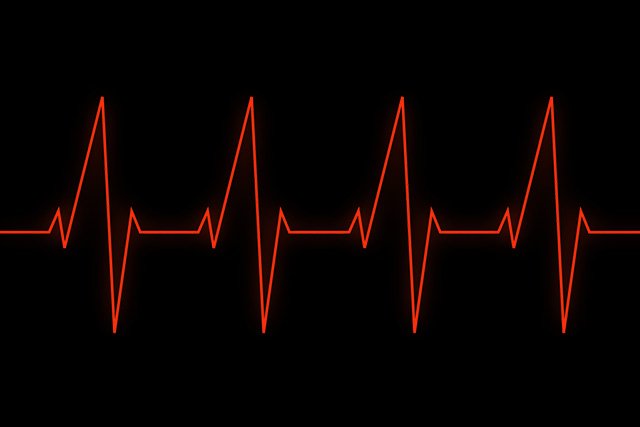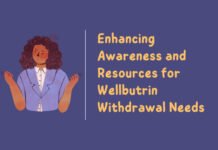
Heart failure or congestive heart failure is the outcome of the improper blood supply or pumping on the part of your heart due to certain reasons. This condition has specific symptoms or signs which must be addressed very cautiously.
While living their routine lives, most of the people do not spare any leisure time for themselves. They never take care of their diet and exercise and keep on working hard day and night, ignoring the basic hygiene as well. This tells upon their health, especially the functions of the heart, and, as a result, it fails to pump the required amount of blood to the body organs.
Some Frequent Signs of Congestive Heart Failure:
Here, we have discussed a few common or frequently occurring signs which lead to congestive heart failure. You must study them and try your best to avoid them in your life by following the basic principles of hygiene, a balanced diet, and adequate exercise to keep your heart fit.
1. Tiredness and Fatigue:

Whenever you start feeling tired or exhausted even without doing some reasonable exertion, this is the first sign that your heart is not pumping the oxygenated blood to the major organs and muscles in the required amount. Your muscles and bones start aching because of anaerobic oxidation of glucose and the consequent accumulation of lactic acid in muscles. The inadequate blood supply to muscles makes you feel tired and fatigued even during the normal daily tasks of walking, climbing stairs, shopping, etc.
2. Short Breath or Dyspnoea:
If your heart is not pumping blood as per the requirement of your body, the blood from the pulmonary vein tends to flow back to the lungs, and some fluid leaks back into the lungs. This causes you to breathe hard or short breaths while doing different activities, taking rest, or even lying flat on your bed. You try to prop up your upper body and head on two pillows. With this position of things, you often wake up complaining tired, anxious, and restless.
3. Increased and Irregular Rate of Heartbeat:

There results from sheer heartbeat and palpitations, which make your heart race and throb to meet the loss in pumping capacity. At the preliminary stages, the brain collaborates with the heart and tries its level best to compensate for the less supply of blood by making the heartbeat at a faster rate to supply more and more blood to meet the body’s needs. During this phase, the heart has to work much harder, and this stress weakens it and causes irregular heartbeats.
4. Lack of Appetite and Nausea:
The lack of blood supply to the digestive organs due to poor function of the heart causes digestive problems, and you start feeling full and sick to your stomach. This lack of appetite and nausea also cause dizziness due to severe weakness and downed energy level.
5. Edema or Excess of Fluid in Body Tissues and Bloating:
As the flow of blood from the heart slows down, and the blood returning to the heart also backs up into the veins, there gets the fluid accumulated into the tissues of ankles, feet, legs, and abdomen. Owing to this fluid build-up in the abdominal region, the patient also starts feeling bloated. There also results in some weight gain, which you feel when your shoes get tightened up into your feet. Another effect falls on the kidneys, and they become less able to dispose of sodium and water, which are then retained into the tissues, causing them to swell up.
6. Mental and Psychological Issues like Depression, Scattered Thinking, and Confusion:

The ever-changing level of sodium and other minerals in blood cause depression, confusion, disorientation, memory loss, and impaired thinking. The patient’s relatives and close friends notice these changes in the behavioral approach the first. Actually, the less supply of blood to the brain causes the patient to appear off-minded, depressed, and mentally impaired.
7. Prolonged or Persistent Coughing or Wheezing:
The accumulation of fluids in the lungs causes congestion, and the patient experiences a dry, hacking cough and wheezing. This may happen at any posture, but mostly it appears when the patient is lying down flat. White or pinkish phlegm may also be expelled with cough and sneezing.
On feeling and experiencing any of these signs, you must readily consult your doctor for a thorough check-up. And heart-related tests and proceedings.








